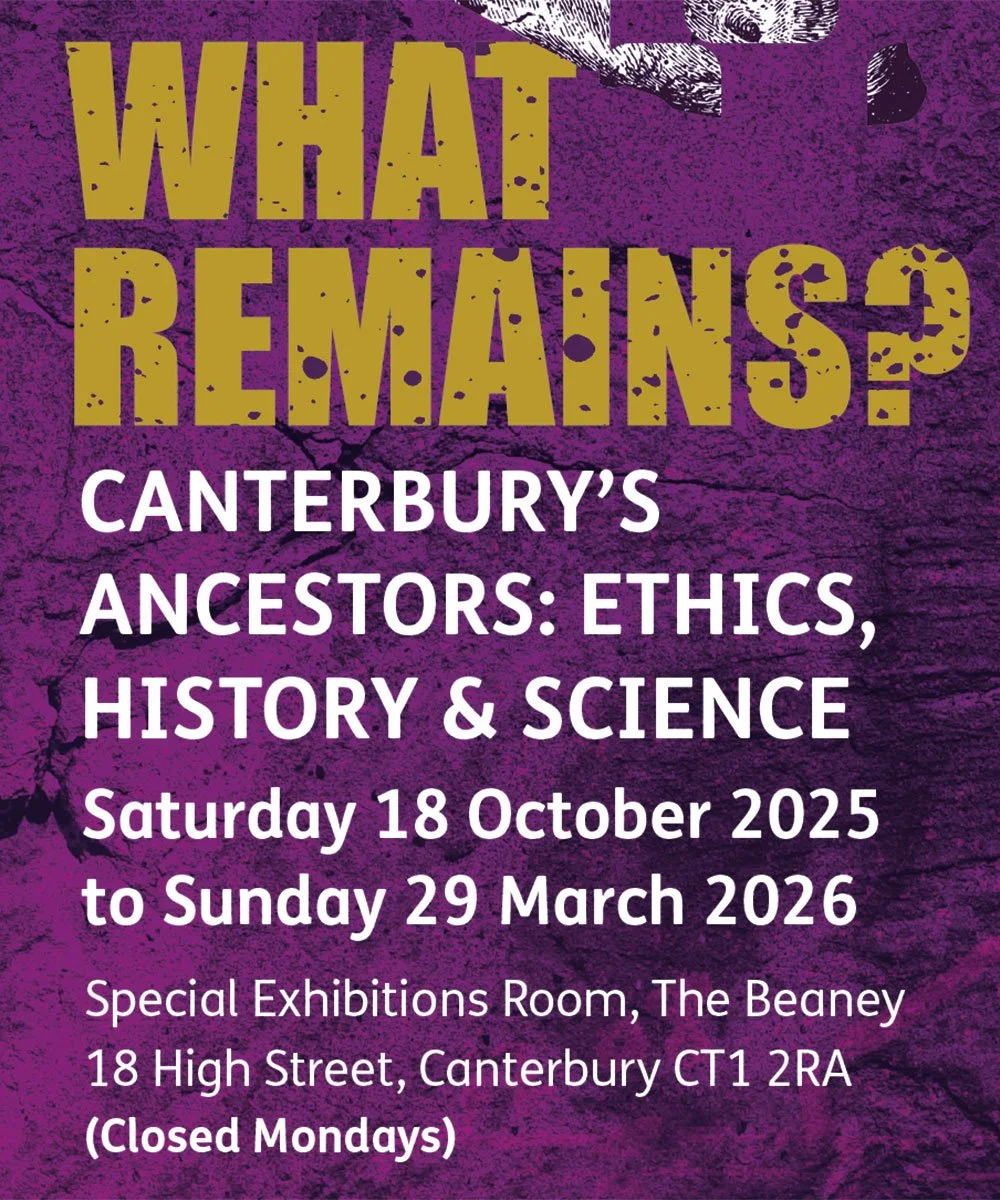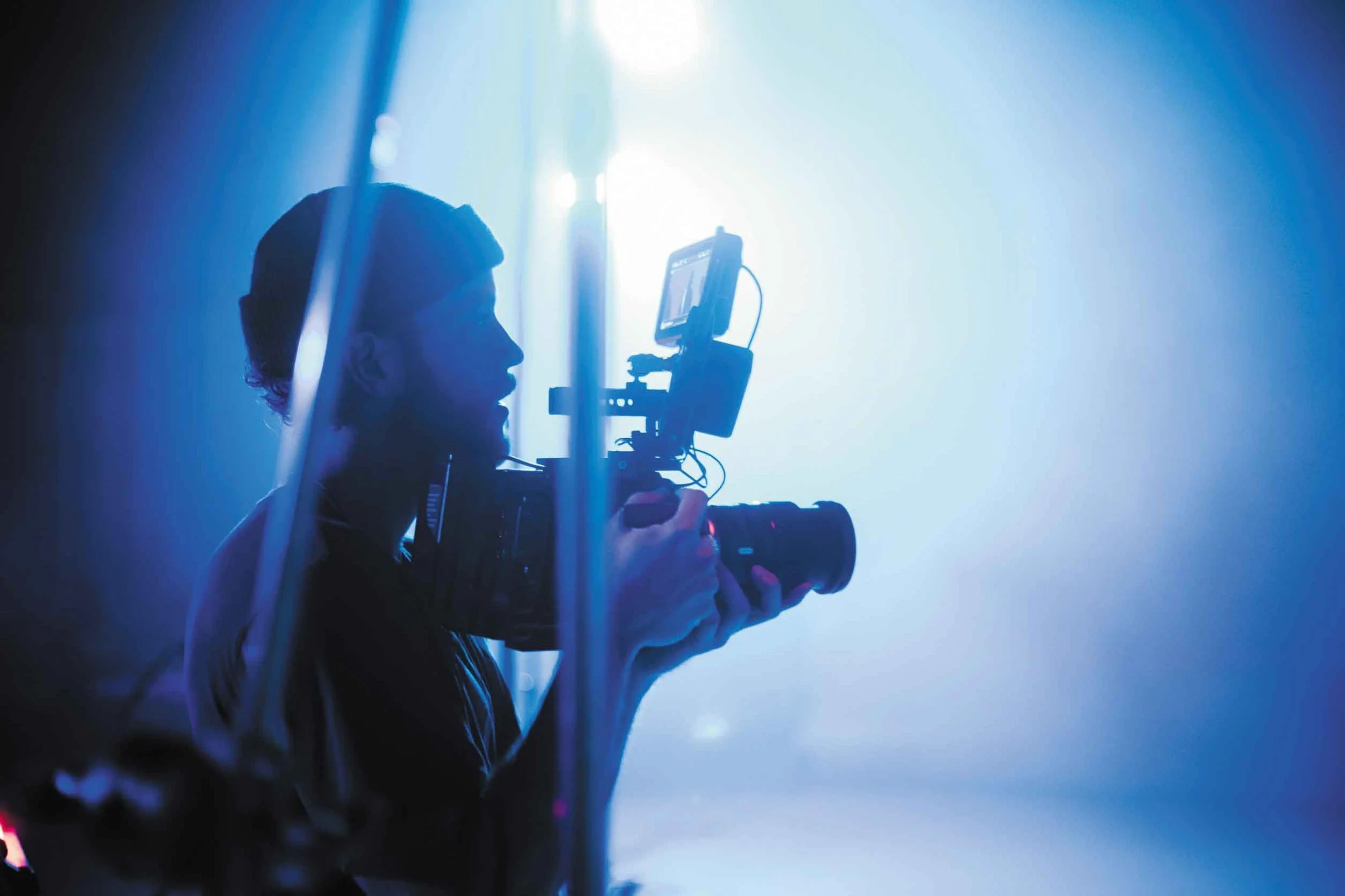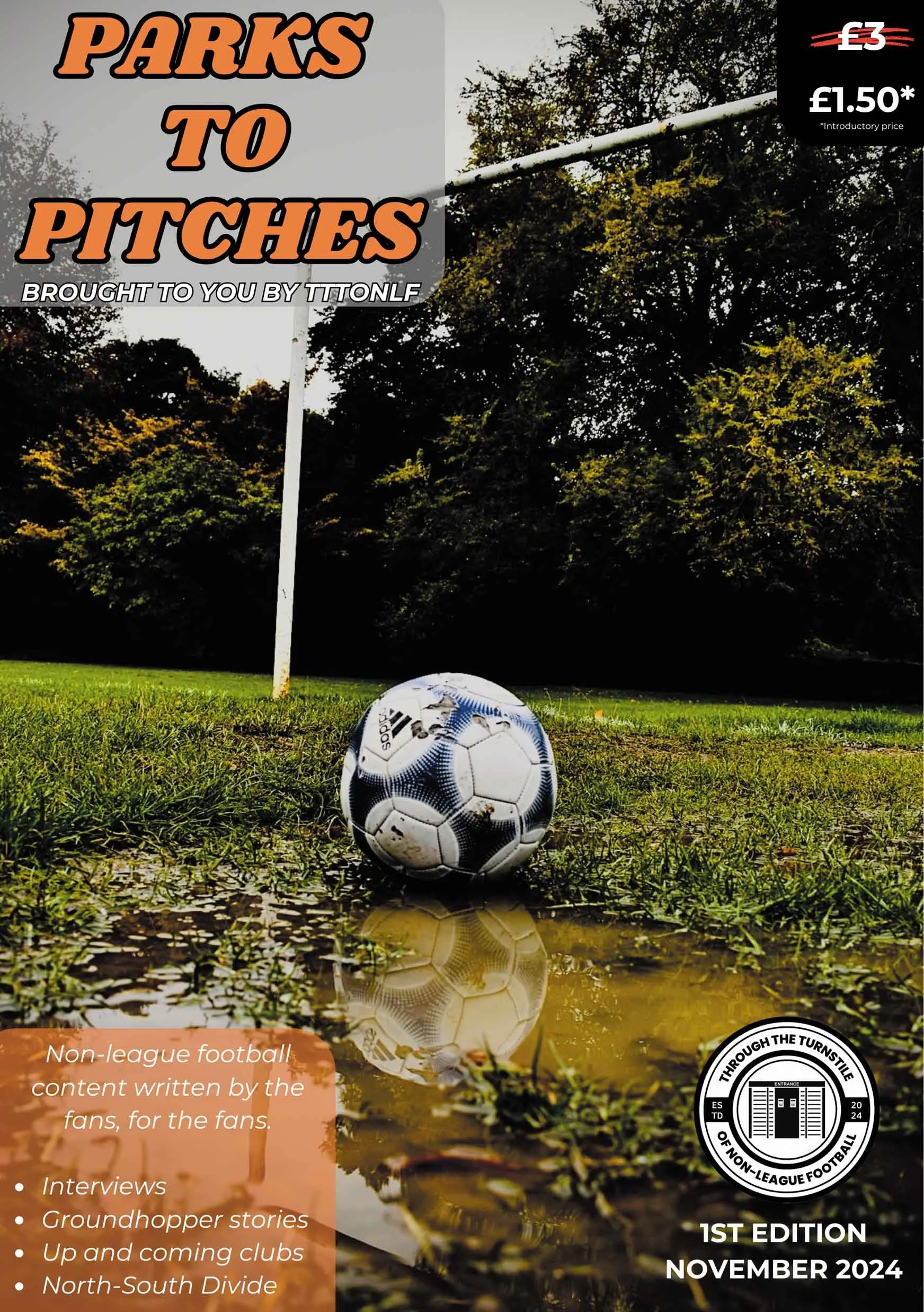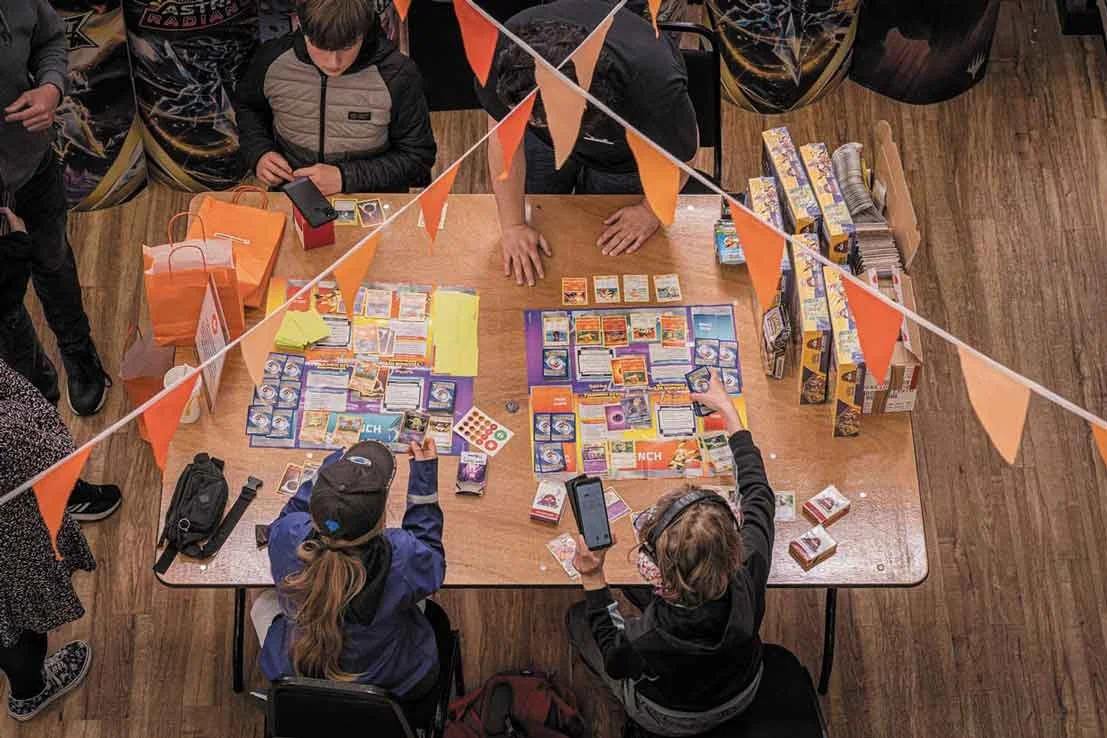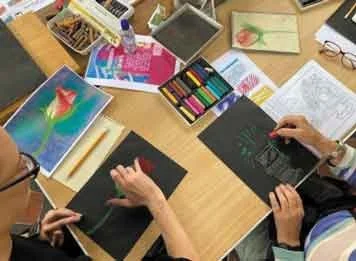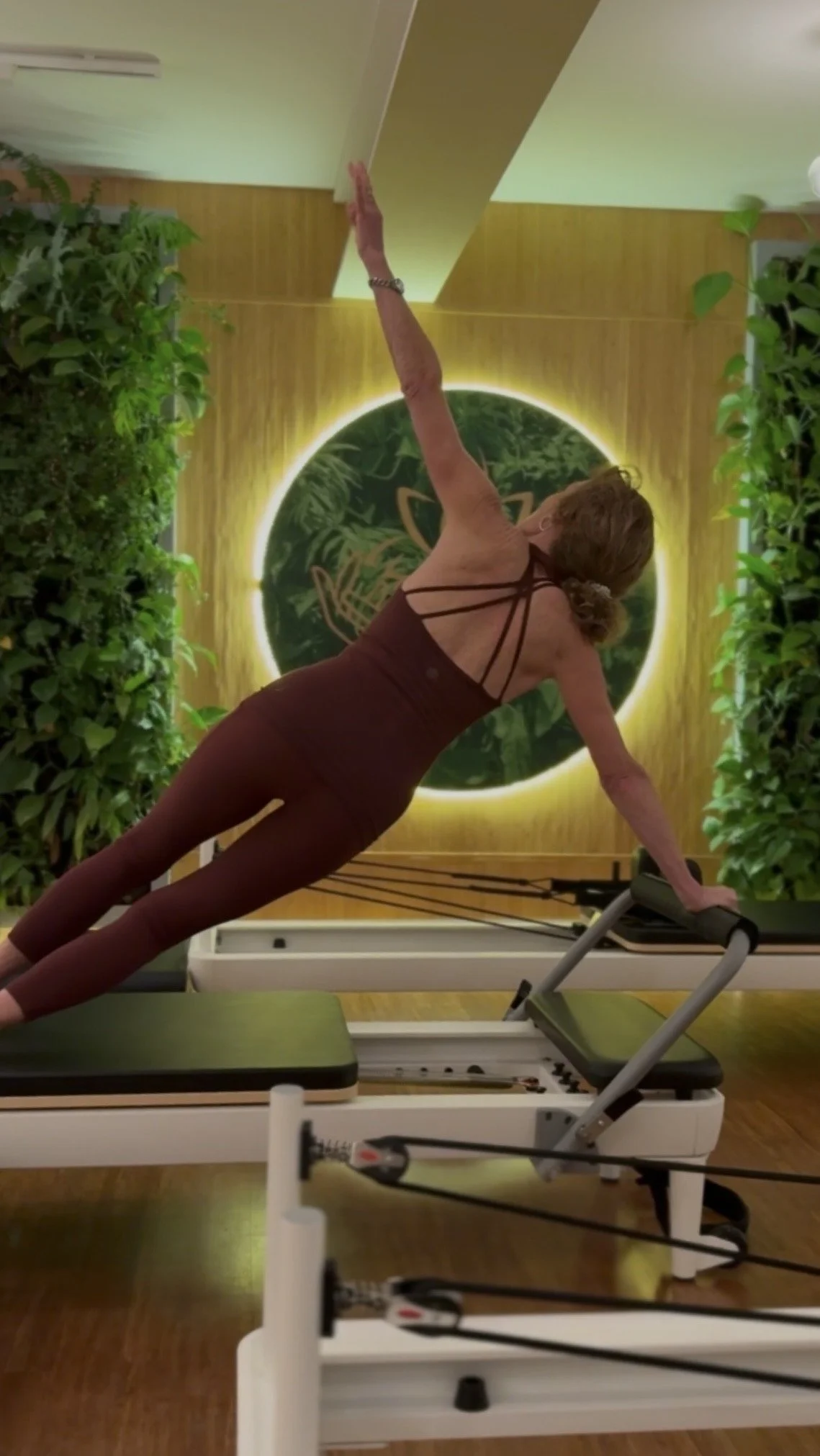Thanet photographer Rebecca Douglas on nature and making an impact with imagery
“I’m so sorry we did this. I’m going to make your life count, dear one, you didn’t die in vain.”
Walpole Bay Todal Pool Jellyfish, Kent
“It was a case of having the right tools at the right moment.”
Thanet photographer Rebecca Douglas made her way up to Shetland in Scotland for her 40th birthday and the once-in-a-lifetime opportunity to snorkel with diving gannets. But with thick fog and the threat of a lengthy storm set to scupper the plans, a break in the weather arrived three days into the trip.
“There’d been such anticipation of this - we just felt so thrilled to be on the water and that this was all going to happen. They were taking us around the cliffs to show us the gannetries and we just came to this sort of horseshoe part of the cliff face, and that’s where it was, just hanging in that space. You follow the fishing line up and you see its nest, and then you see all of the other nests in that picture.
“It just took my breath away. It choked me and I was trying to shoot it because I was, like, there’s such a story here in this image - like, what have we done?”
In the choppy conditions, with a three-metre swell reverbing off the cliffs, Rebecca reached for her long lens to capture the stricken bird and the reality of human impact on nature.
“You’re just bouncing up and down trying and it was spinning round in the wind and as it turned as we started to pull away I just managed to get that shot of its beak in profile,” she says. “I literally whispered to it ‘We’re going to make your life count for something’, but at the time I didn’t know how.”
‘Hanging Gannet’ was entered into Ocean Photographer of the Year 2024 Conservation (Impact) Category
Rebecca sat with the image for a month or two, thinking about ways the image could have an amplified impact.
“I subscribed to Oceanographic Magazine and by chance saw the newsletter with the last call for images for the Ocean Photographer of the Year 2024 competition,” she says. “I’ve never entered awards and stuff. It’s just not something that bothered me. But just because it had the Conservation (Impact) Category, I felt ‘Well, this is about the story here and the impact of this, which is the whole point of why I wanted to do something with it.”
The hanging gannet image was awarded second place in the conservation category of the 2024 competition and its message was spread far and wide.
STORYTELLING





Growing up in Thanet in the 90s, Rebecca’s love of photography started early, with a first Saturday job at the then Lawns newsagents on Broadstairs High Street seeing her developing film.
“It was just a really safe space to play with film and I probably spent most of the money I earned, the wholesome two pounds an hour I was on back then, on developing my film.”
“But it was very much just a hobby. I didn’t really even see it as anything like what it’s become.”
Her love of the natural world led to studying geography at Sheffield University, looking at “people and place and their connection with nature”.
Having left a job in recruitment and moved into higher education, Rebecca returned to the sunsets and skies of her beloved Thanet and began to shoot alternative weddings as well as working on photography projects for people and brands that had similar ethics to herself.
“I was very focused on wanting to try to carve a path where it was very purpose-led,” she says. “Working with people who are doing things that make a difference in the work they do, who are perhaps more awakened and probably more in-tune to the things that matter. I started to build in environmental work or people who had nature at the heart of what they do.”
In 2019, Rebecca took the decision to start tapering down the wedding photography, which had grown to more than 40 a year, to continue her journey into working with people and nature. And while the pandemic presented its challenges to many people, Rebecca believes it also signalled a turning point both for her and many people in society.
“Covid forced a lot of change,” she says. “Because of the restrictions, and we weren’t able to shoot indoors, more of it had to be outside. And so I was then able to look at the outdoor spaces and how we work on the beach and work with the light and the seasonality. I liked that kind of wisdom and innate connection to nature with all of the tide times and sunrise-sunset, and linking shoots into that, and being very nature-guided on when and where we shoot.
“I think because we only had what was on our doorstep at that moment, it made us all look differently at local nature and the importance of being able to get outside. If you were near an outside space, your experience of lockdown would have been so different to people who couldn’t access it.”
Rebecca’s image, entitled Hold Still, featured in an exhibition celebrating the reopening of the National Portrait Gallery in 2023 as part of an open call for images that told the story of lockdown in 2020. Her image, which featured people in the window of Margate’s Brutalist tower block Arlington House, was included in 100 images chosen out of 30,000 submitted.
UNDER THE WATER
Donating her time and skills in photography, Rebecca is also now a trustee for marine-mammal conservation charity Whale Wise, having helped the group fundraise for a specialist drone used to analyse the animals in the wild - and has even been out to West Fjord in Iceland to capture imagery of the charity’s work with humpback whales.
“It has been quite a conscious decision to focus more on ocean-related conservation because I see myself as a coastliner,” she says. “I was born in Ramsgate and so I feel like I’m of the sea - it’s always been a kind of homing space for me.”
In 2021, Rebecca took her photography to new depths, purchasing underwater housing equipment (and a spare camera in case everything leaked) and took it into the water at Walpole Bay.
“I was always curious about what was underwater around Thanet,” she says. “I’ve always gone sea swimming but never snorkelled, and was just utterly amazed at the scenery.
“I just started sharing images of the jellyfish in Walpole Bay and it seemed to capture people’s imagination. The sea had been such therapy and a kind of a constant for people through such a surreal time that to then see things that were within an arm’s reach of the surface, I think really just unlocked people’s imaginations and curiosity.”
The slightly unpredictable nature of the water, and the ‘wild edges’ of the world that we meet as people, are what draws Rebecca to it.
“The ocean and the sea are the biggest metaphor for it - below the surface and the ebb and flow of the tide and, you know, high and low tide never actually having a specific moment. It’s just so kind of transient all the time. I love how light interplays with the water. And I think for me, those things really lock into photography, it’s a liminal medium. You have to surrender to the alchemy of a moment unfolding in front of you because, ultimately, that’s what’s present and then it’s gone.”


